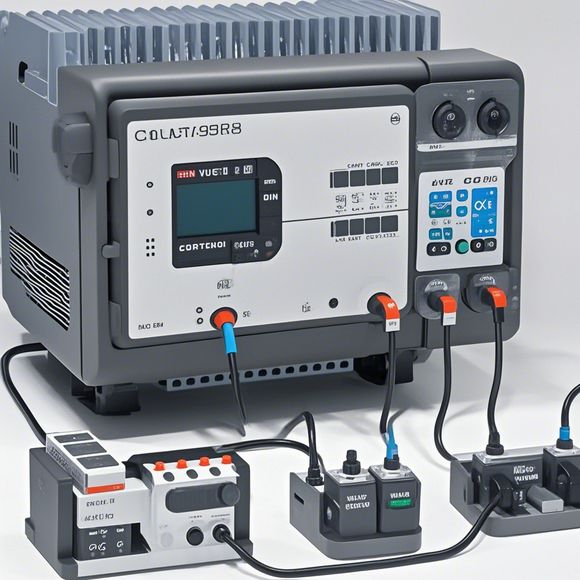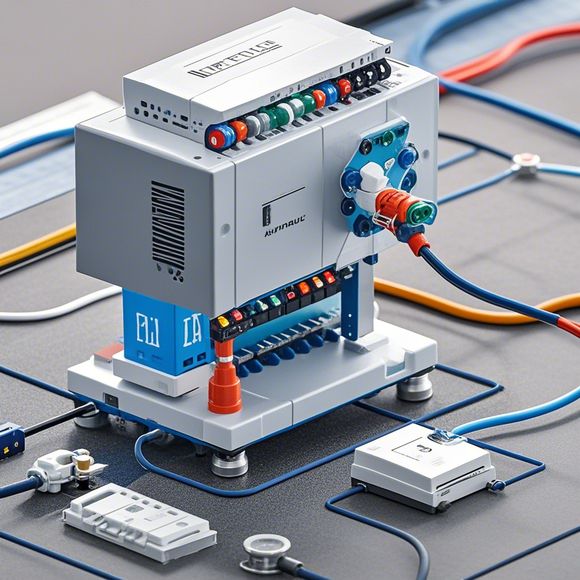Introduction to Programmable Logic Controllers (PLCs)
Programmable Logic Controllers (PLCs) are a crucial part of many industrial settings. These devices allow for the automation of control systems, making them incredibly useful in manufacturing environments and other industrial processes. With their ability to program and execute complex logic routines, PLCs can manage a wide range of tasks, from simple timers and sensors to more complex systems like temperature controls and machine speed regulation. In addition to their technical capabilities, PLCs also offer significant advantages over traditional manual controls, such as increased efficiency, accuracy, and reliability. As a result, they are widely used in various industries, including manufacturing, automotive, and pharmaceuticals. Whether you're a professional or just starting out in your career in these fields, understanding the basics of PLC programming is essential to staying competitive.
Hello everyone, today I am excited to share with you all about the world of Programmable Logic Controllers or PLCs. These devices are a cornerstone of modern industrial automation and control systems, enabling precise and efficient operations in a wide range of industries.
So let's dive right in! A Programmable Logic Controller (PLC) is a versatile piece of hardware that can be programmed to perform a specific task based on preset logic rules. Unlike traditional analog controllers that rely on feedback loops, PLCs operate through a digital interface which makes them highly reliable and resilient to disturbances or errors.
At its core, a PLC consists of an input/output processor, memory, and an array of logic gates or "programmable functions" that allow it to execute complex calculations and decisions. The input/output processor manages the flow of information between the device and other components within a system, while memory stores programming instructions and data for use by the logic functions.
One key feature of PLCs is their ability to be programmed remotely through various methods such as using a personal computer or networked devices. This allows for flexibility in design and operation, as well as the ability to update software without needing physical access to the controller.

Another important aspect of PLC technology is their robustness against power fluctuations and noise interference due to their digital architecture. This means they can operate effectively even during periods of high electrical activity, making them a popular choice for applications requiring constant monitoring and control.
In terms of functionality, PLCs come in a wide variety of types depending on the needs of different industries. For instance, there are programmable logic controllers designed specifically for manufacturing lines, where they manage the assembly process, order picking, and inventory management. Other examples include those used in transportation systems, such as train and bus control systems, or in healthcare facilities, like hospital automation systems.
Furthermore, PLCs have evolved significantly over time, becoming more intelligent and integrated with advanced technologies such as artificial intelligence and machine learning. This has led to enhanced capabilities in areas like fault diagnosis, predictive maintenance, and real-time analytics, allowing operators to make more informed decisions quickly and efficiently.

Of course, just because PLCs have become so advanced doesn't mean they are perfect. Like any technology, they have limitations and require careful consideration when selecting and implementing them into new projects. However, with the right expertise and planning, they can provide significant benefits to businesses looking to streamline processes, reduce downtime, and improve overall performance.
So there you have it – a brief introduction to the world of Programmable Logic Controllers. If you're considering integrating this powerful tool into your operations, be sure to consult with industry experts who specialize in PLC technology for personalized advice tailored to your specific needs. Thank you for listening, and I'm looking forward to hearing your thoughts!
Content expansion reading:

Articles related to the knowledge points of this article:
How to Use a PLC Controller for Your Business
PLC (Programmable Logic Controller) Control System Basics
Plumbers Rule! The Role of PLC Controllers in the World of Waterworks
The Role of Programmable Logic Controllers (PLCs) in Foreign Trade Operations